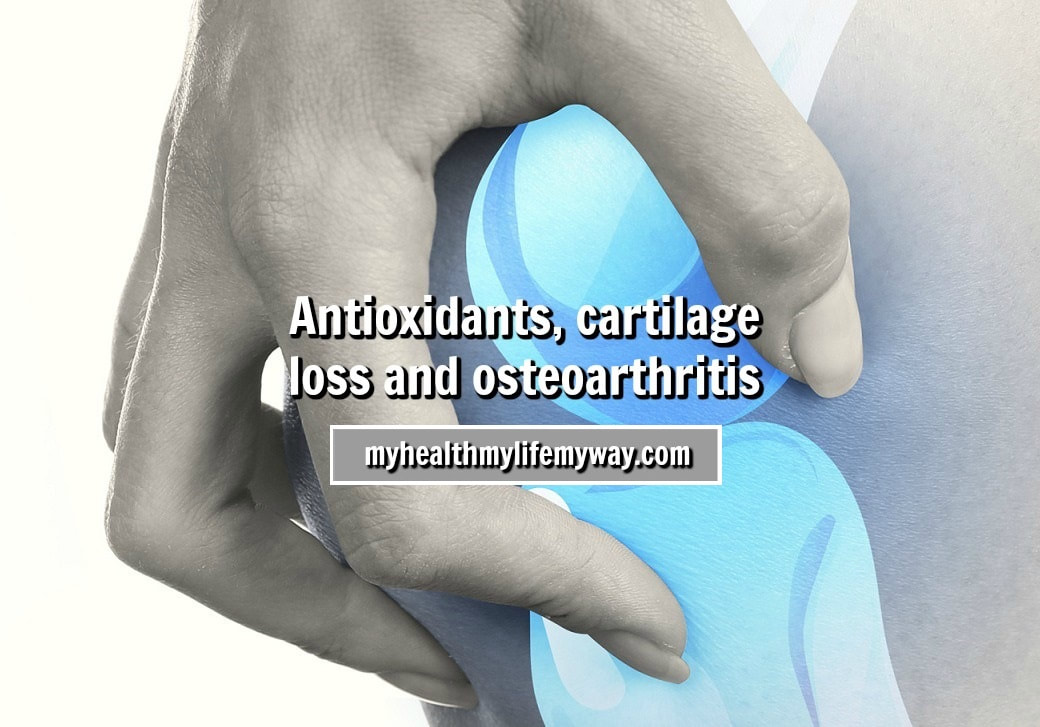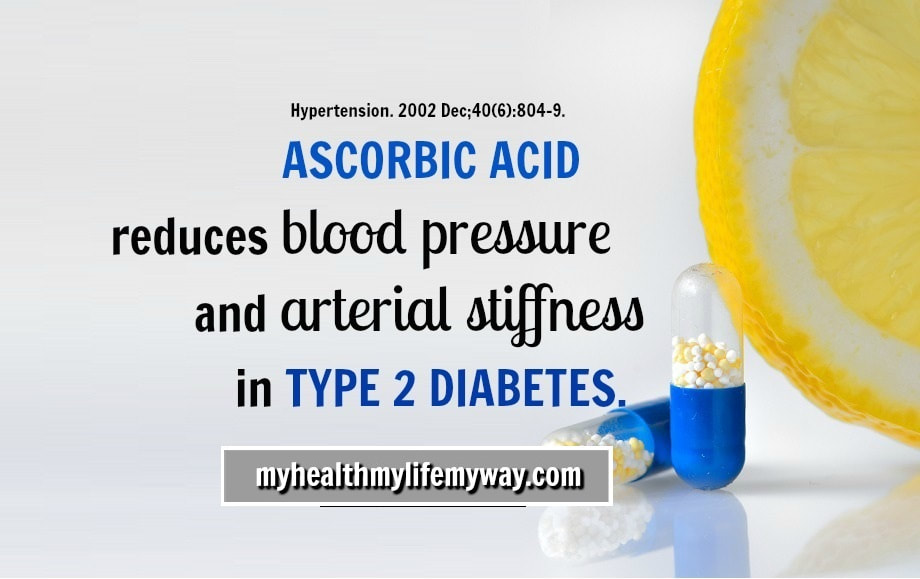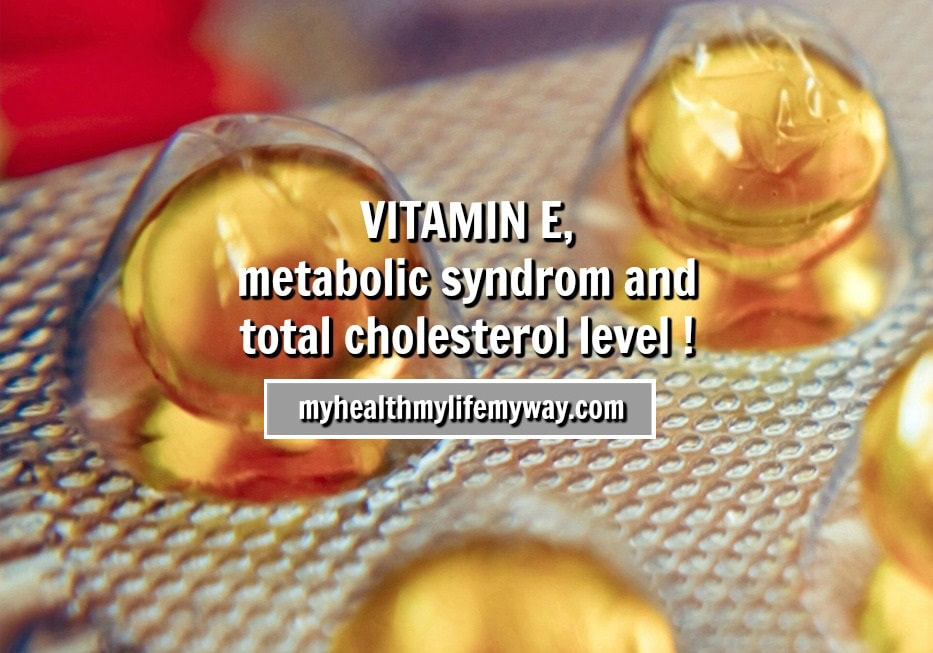|
Cumulative damage to tissues, mediated by reactive oxygen species, has been implicated as a pathway that leads to many of the degenerative changes associated with aging. 640 participants received complete assessments. Incident and progressive osteoarthritis (OA) occurred in 81 and 68 knees, respectively. A 3-fold reduction in risk of OA progression was found for both the middle tertile and highest tertile of vitamin C intake. This related predominantly to a reduced risk of cartilage loss. Those with high vitamin C intake also had a reduced risk of developing knee pain. A reduction in risk of OA progression was seen for beta carotene and vitamin E intake, but was less consistent. No significant associations were observed for the nonantioxidant nutrients. CONCLUSION: High intake of antioxidant micronutrients, especially vitamin C, may reduce the risk of cartilage loss and disease progression in people with OA. We found no effect of antioxidant nutrients on incident OA. These preliminary findings warrant confirmation. REFERENCE:
Arthritis Rheum. 1996 Apr;39(4):648-56. Do antioxidant micronutrients protect against the development and progression of knee osteoarthritis? McAlindon TE1, Jacques P, Zhang Y, Hannan MT, Aliabadi P, Weissman B, Rush D, Levy D, Felson DT. Experimental evidence suggests that acute parenteral administration of high-dose ascorbic acid has beneficial vascular effects in type 2 diabetes. We studied the hemodynamic effects of chronic oral supplementation in this condition. Thirty patients, 45 to 70 years of age, with type 2 diabetes, were randomly assigned in a double-blind manner to receive 500 mg ascorbic acid daily by mouth or placebo. Patients were studied at baseline and after 4 weeks of assigned treatment. This study show that after 1 month, oral ascorbic acid lowered arterial blood pressure and improved arterial stiffness in patients with type 2 diabetes. As strict control of blood pressure reduces cardiovascular risk in diabetes, ascorbic acid supplementation may potentially be a useful and inexpensive adjunctive therapy. REFERENCE:
Hypertension. 2002 Dec;40(6):804-9. Ascorbic acid reduces blood pressure and arterial stiffness in type 2 diabetes. Mullan BA1, Young IS, Fee H, McCance DR. Vitamin D3 and metformin are widely used in humans for regulating mineral metabolism and as an antidiabetic drug, respectively; and both of them have been shown to have chemopreventive effects against various tumors. This study was designed to investigate the potential synergistic chemopreventive effects of vitamin D3 and metformin against the development of early colon neoplasia in two models. Compared with either vitamin D3 or metformin alone, combined use of vitamin D3 and metformin showed more pronounced effect in reducing the numbers of aberrant crypt foci (ACF) and tumor in the colon. The most prominent inhibitory effects were observed in the vitamin D3 medium dose (100 IU/kg/d) and metformin medium dose (120 mg/kg/d) combination group. The findings show that the combined use of vitamin D3 and metformin exhibits synergistic effects against the development of early colon neoplasia. They suggest that the combined use of vitamin D3 and metformin may represent a novel strategy for chemoprevention of colorectal cancer. REFERENCE:
Cancer Prev Res (Phila). 2015 Feb;8(2):139-48. doi: 10.1158/1940-6207.CAPR-14-0128. Epub 2014 Nov 21. Combined use of vitamin D3 and metformin exhibits synergistic chemopreventive effects on colorectal neoplasia in rats and mice. Li W1, Wang QL2, Liu X2, Dong SH2, Li HX2, Li CY2, Guo LS2, Gao JM2, Berger NA3, Li L4, Ma L5, Wu YJ6. Following the change of dietary structure and living style, metabolic syndrome (MetS) has become increasingly common in China, especially in women, who have abnormal plasma lipid profiles with increased levels of oxidative stress. Vitamin E (VitE) is a powerful chain-breaking antioxidant, which may be a protective factor against oxidative stress-related diseases. This study investigated the effects of three different dosages of tocopherol supplementation (100 IU /day, 200 IU /day, 300 IU /day) for 4 months in Chinese women with MetS. The plasma VitE concentrations increased significantly after the 4 months of supplementation.
The effects of three different dosages of tocopherol supplementation (100 IU /day, 200 IU /day, 300 IU /day) for 4 months in Chinese women with metabolic syndrome :
Studies have shown that vitamin D could have a role in breast cancer survival; however, the evidence of the relationship between patients' vitamin D levels and their survival has been inconsistent. This meta-analysis explores possible dose-response relationships between vitamin D levels and overall survival by allowing for differences in vitamin D levels among populations of the various studies. 6 studies with a total number of 5984 patients were identified. At or above a 23.3 nmol/L threshold, for a 10 nmol/L, 20 nmol/L, or 25 nmol/L increment in circulating 25-OH-D levels, the risk of breast cancer overall mortality decreased by 6%, 12%, and 14%, respectively. These findings suggest that there is a highly significant linear dose-response relationship between circulating 25-OH-D levels and overall survival in patients with breast cancer. REFERENCE:
Integr Cancer Ther. 2017 May 1:1534735417712007. doi: 10.1177/1534735417712007. [Epub ahead of print]Circulating Vitamin D and Overall Survival in Breast Cancer Patients: A Dose-Response Meta-Analysis of Cohort Studies.Hu K1, Callen DF2, Li J1, Zheng H1. |
IMPORTANT NOTICE:
The informations and advices published or made available through drsuciu.com web site are not intended to replace the services of a physician, or any other therapist nor does it constitute a doctor-patient relationship. You should not use the information on this website for diagnosing or treating a medical condition or a health problem We advise you to consult your doctor regarding all matters relating to your health and in particular regarding the existence of symptoms that may require diagnosis or medical care Archives
Août 2017
Category |






 Flux RSS
Flux RSS